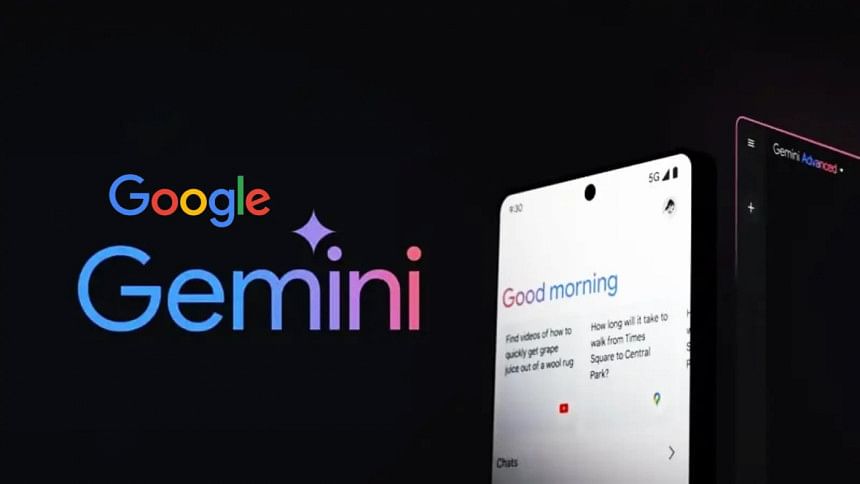Google aims to launch Gemini 2.0 by December

Google is reportedly set to release Gemini 2.0 in December 2024, marking a year since the launch of its first Gemini model. This release is anticipated to reach both developers and end-users in a broad deployment, potentially aligning with Google's recent annual pattern for AI model launches. The announcement, expected to take place in December, follows a series of developments within Google's AI strategy, with Gemini 2.0 anticipated as a significant update in Google's AI ecosystem.
However, according to The Verge, insiders indicate that Gemini 2.0 may not deliver the performance improvements initially expected by the team led by Demis Hassabis at Google DeepMind. This slowdown in anticipated performance enhancements reflects a trend seen across companies developing large language models. Specific functionality details for Gemini 2.0 remain under wraps, leaving industry watchers speculating on potential new features or advancements.
Since its debut in 2023, Gemini has seen successive updates, with Gemini 1.0 Pro becoming available through Bard, followed by Gemini 1.0 Ultra in Gemini Advanced earlier this year. February 2024 also saw the introduction of Gemini 1.5, featuring an expanded context window for improved functionality, which became accessible to users on gemini.google.com by May.
The rollout of Gemini 2.0 may mirror previous release strategies, with developers likely receiving early access, followed by end-user distribution. Meanwhile, Google's Project Astra, which aims to add camera and vision capabilities to Gemini Live, has yet to launch, leaving questions about its alignment with the upcoming Gemini release.
December is also a key month for Google's main competitor, OpenAI, which is rumoured to be preparing its next flagship model, Orion. However, OpenAI has downplayed these rumours, suggesting a more limited launch with selected partners should a release occur. If both launches proceed in December, Google's established annual cycle could set it apart as it introduces Gemini's latest iteration between its May I/O developer conferences, providing momentum for ongoing developments in AI technology.

 For all latest news, follow The Daily Star's Google News channel.
For all latest news, follow The Daily Star's Google News channel. 



Comments